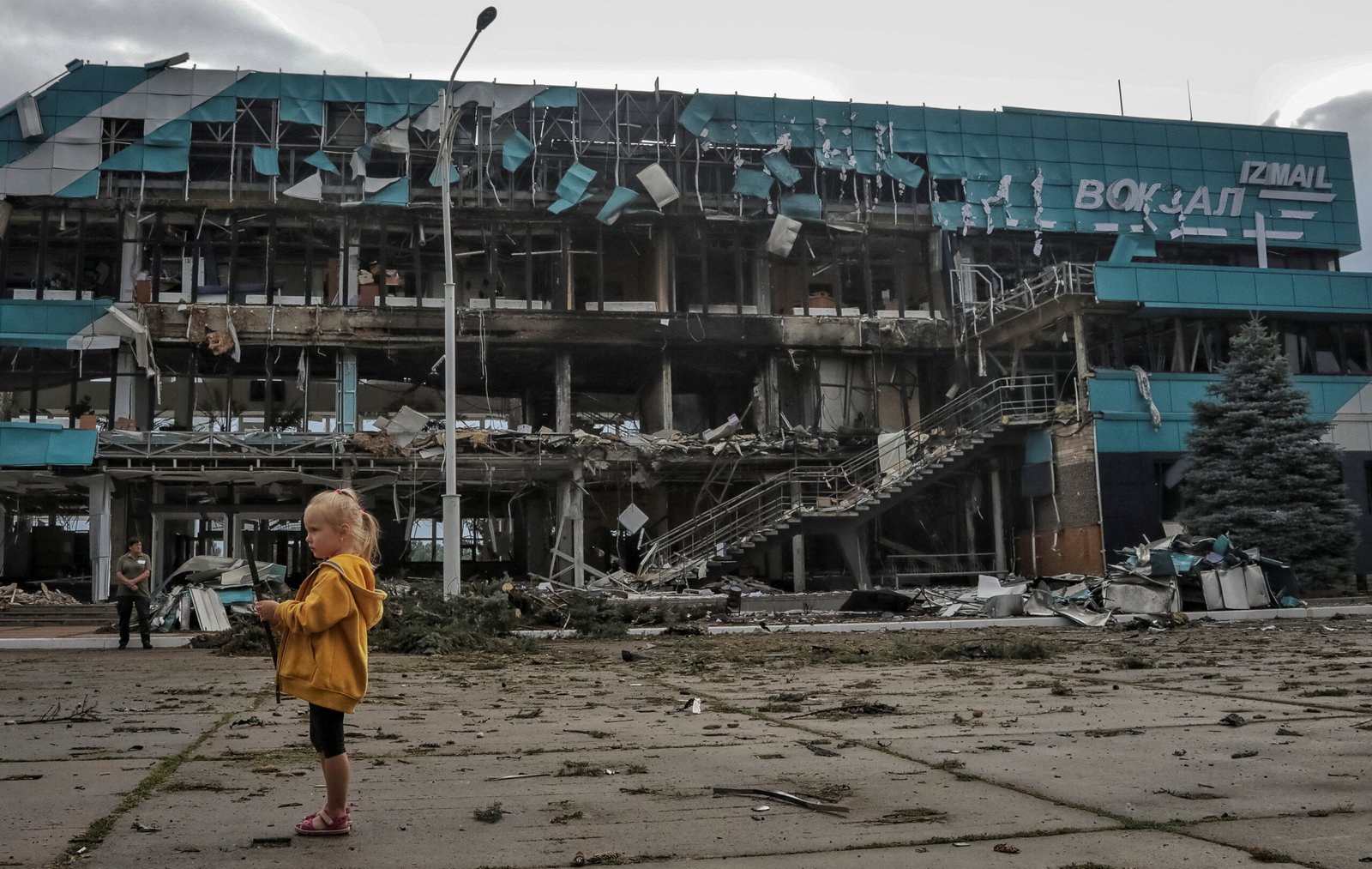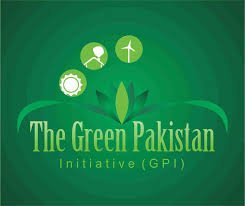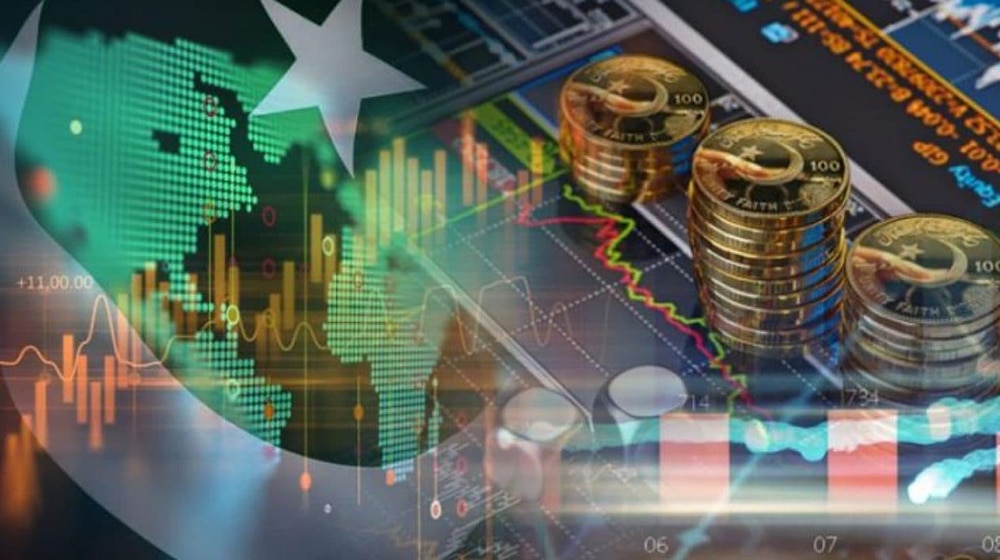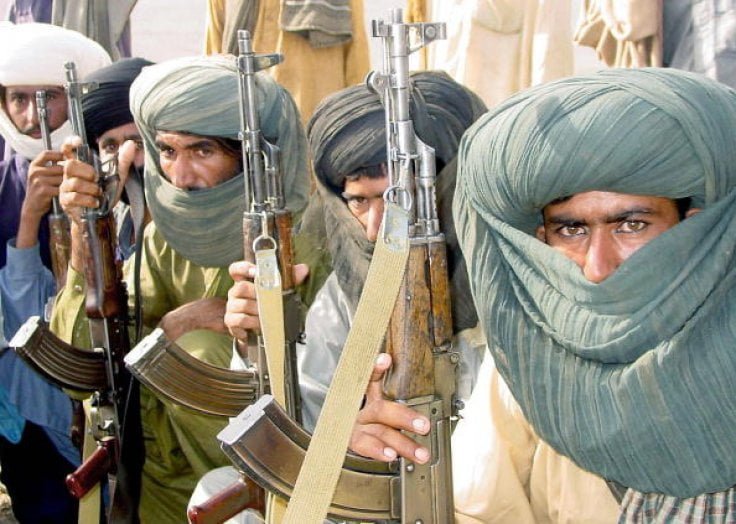Naveed Hussain
In February 2022, Russia invaded Ukraine, marking the beginning of a conflict that has raised tensions between Russia and the West. This move was labelled by Russia as a “Special Military Operation” and sent shockwaves through the international community, particularly in Europe. The world is now anxiously waiting to see if this will escalate into a longer military confrontation between the West and Russia in the theatre of Ukraine.
The reasons behind the Russian invasion of Ukraine are complex and multifaceted, and experts are divided into two camps. Some believe that Putin is trying to create “Greater Russia” and that the Ukraine invasion is the first step towards achieving this goal. This group argues that after occupying Ukraine, Putin will expand his imperialist tendencies towards later parts of Europe, especially Eastern Europe. On the other hand, some argue that Russia was provoked by the West, with NATO expansion and the colour revolution in Ukraine being the biggest red lines for Russia. This group contends that the inclusion of Ukraine into NATO heightened Russia’s security concerns and prompted the invasion.
Despite the divergence of explanations, the official narrative of the Kremlin is the non-entry of Ukraine into NATO and the rollback of NATO expansion from Eastern Europe and Baltic states. During the first year, the West provided much political, economic, diplomatic, and military support to Ukraine. However, with the passage of months and the entering of the war in the second year, it is becoming clear that Ukraine has become a “War of attrition”. Russia is able to hold 20% of Ukrainian territory in eastern parts of Ukraine, where ethnic Russians are in the majority, and formally incorporate these regions into the Russian part.
In a long op-ed piece by President Putin, “On the historical unity of Russians and Ukrainians” (2021), he viewed Russia and Ukraine as one state and one people. However, despite Russian concerns, the West undertook the opposite approach: not to engage Russia on its terms. Against this backdrop, President Putin appears confident in Ukraine, and during a press conference, he claimed that Russia is destined to win Ukraine’s war. Furthermore, President Putin received 87% of the votes, showing the renewed trust and confidence of the Russian people in him, especially due to his resolute resistance to Western measures in Ukraine.
Meanwhile, since the outbreak of the Ukraine war, Pakistan has undertaken a principled position on the conflict, taking a neutral position and avoiding any provocation from the West or Russia. Pakistan has abstained from resolutions regarding the Ukraine war, sending a clear message of non-aligned foreign policy. In that way, Pakistan has been able to maintain a robust relationship with both the West and Russia due to its strategic importance.
The prospects for Ukraine are getting dim, with changing domestic situations in the USA and enthusiasm about confronting Russia waning in Ukraine. Ukrainians are appearing tired of fighting a war for the West against Russia that has caused the loss of thousands of lives, infrastructure, and economic loss. Many Ukrainians blame President Zelensky for acting as a puppet in the hands of the West, which brought much damage to its country and people for playing in the hands of the West.
Furthermore, the economic sanctions imposed on Russia have not been as effective as initially anticipated. Russia’s economy is bouncing back, with a growth rate of 4.4% in the fiscal year of 2024. Moreover, many European countries are facing economic recession, inflation, and unemployment at home, leading to weakened economic commitments to Ukraine. Outside of Europe, the support for Ukraine is already dim, and the Global South appears to be more sympathetic to Russia’s concerns about the West. China and India, emerging economic houses of the world, have already backed Russia in the Ukraine war.
Concludingly, the future of the war in support of Ukraine is dim. It appears that Ukraine is losing both the battlefield and diplomatic offence against mighty Russia. In the absence of European and American support, Ukraine will not be able to stand before Russia and will lose more territory. As the domestic situation in Europe and the USA has changed, the future of Ukraine will hang in the balance, while Russia has emerged as a victorious and great power after the Ukrainian invasion, with its status elevated before the Global South. One vital lesson for Ukraine is not to put fire in its own house for the sake of the West.
Please, subscribe to the YouTube channel of republicpolicy.com

















